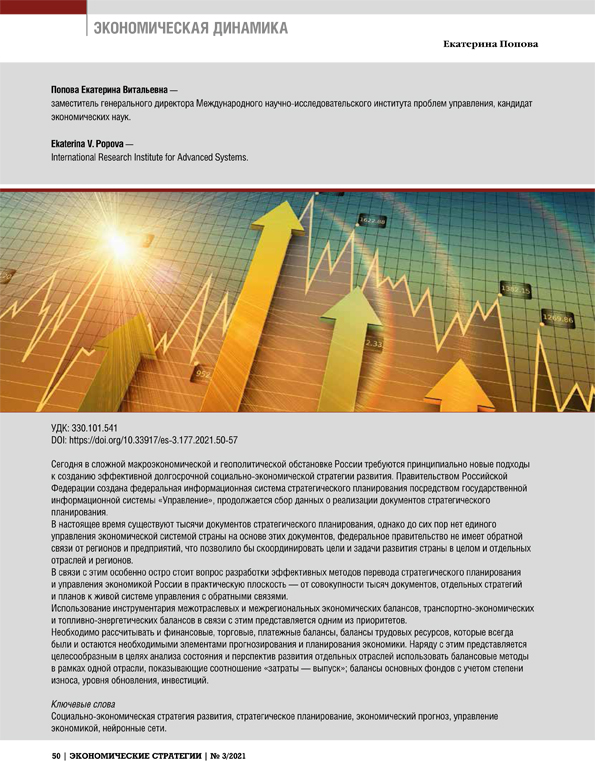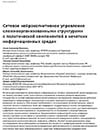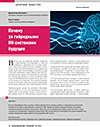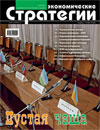Review of the book “Pragmatic Analytics”
DOI: 10.33917/es-1.193.2024.82-83
The monograph under review is practice-oriented, contains conceptual foundations of pragmatic analytics and successful practices of analytical activities types aimed at resolving problem situations in various fields of activity.
References:
1. Koshkin V.I., Kretov S.I. Osnovy politicheskoy ekonomii solidarizma [Foundations of the Political Economy of Solidarism]. Moscow, LENAND 2017.
2. Belyaev S., Koshkin V. Mozhet li ekonomika byt’ solidarnoy? Chast’ 1 [Can the Economy be Solidary? Part 1]. Ekspert, 2020, no 14, pp. 66–71.
3. Belyaev S. Retsept ot bednosti: vvesti sobstvennost’ rossiyan na vse prirodnye resursy. Kak preodolet’ vopiyushchee neravenstvo [The Recipe for Poverty: Introduce Russian Ownership of all Natural Resources. How to Overcome Gross Inequality]. Moskovskiy komsomolets, 2021, 20 maya, available at: https://www.mk.ru/economics/2021/05/20/recept-ot-bednosti-vvesti-sobstvennost-rossiyan-na-vse-prirodnye-resursy.html
4. Koshkin V.I., Kretov S.I. Solidarnaya ekonomika: Put’ v budushchee [Solidarity Economy: The Way to the Future]. Moscow, LENAND, 2018.
5. Belyaev S., Koshkin V. Mozhet li ekonomika byt’ solidarnoy? Chast’ 2 [Can the Economy be Solidary? Part 2]. Ekspert, 2020, no 15–16, pp. 38–43.
6. Belloc H. Essays of a Catholic. N.Y. Books for Librarian Press, 1967.
7. Chesterton G.K. The Outline of Sanity. Leipzig, Bernard Tauchnitz, 1927.
8. Duboin J. La Grande Relève des Hommes par la Machine. Paris, Editions nouvelles,1932.
9. Bellami E. Cherez sto let: Sobr. soch.: V°2 t. [After a hundred years: Collected Works: In 2 vol.]. Vol. 1. Moscow, Knizhnyy mir, Knigovek, 2018.
10. Laudrain M. La vie Française du socialisme. Paris, La Maison du Livre Français, 1963.










